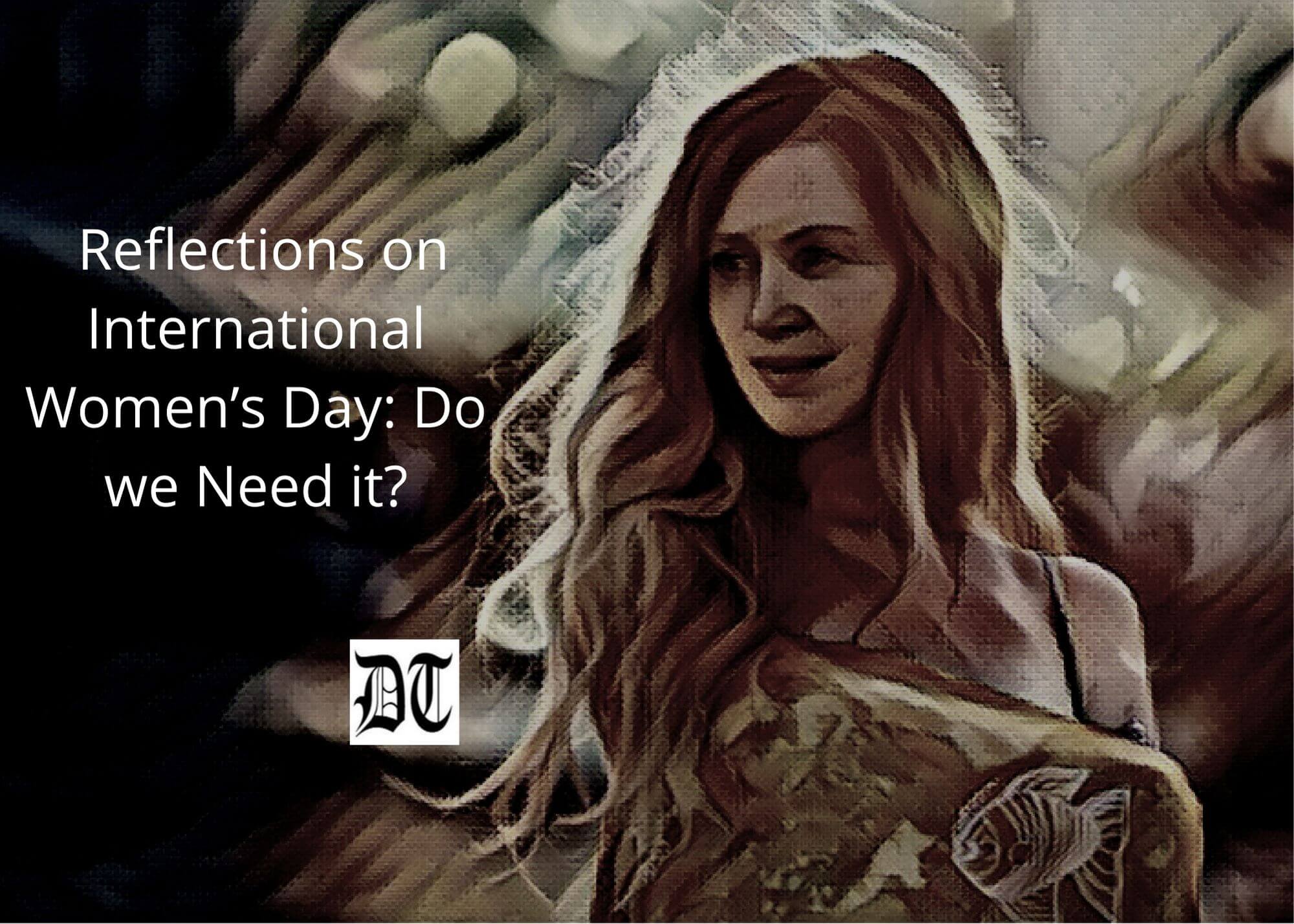The LGBTQIA+ people continue to be persecuted. A marginalised community, they face discrimination and violence. Shormita probes the issue, exclusively for Different Truths.
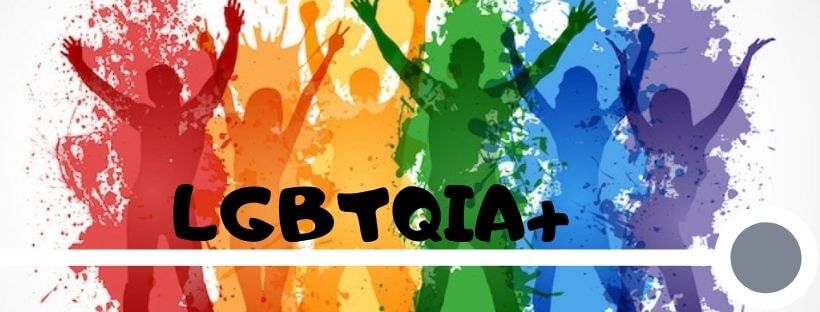
It is heartbreaking to witness that some people whose gender identity is unique and distinct are isolated and marginalised. These are the people who belong to the gender minority group. Thus, those from the LGBTQIA+ community face discrimination and violence. Whether a person is gay, lesbian, transgender, bisexual, asexual, pansexual, or bisexual, they all have to lead a dual life to conceal their real identity from the heterosexual society.
The LGBTQIA+ people are bound to face the problems of domestic violence, sexual assault, physical abuse, mental torture, gender discrimination, etc. Substantially, it has been proven that the physical violence within the LGBTQIA+ community is much more if we compare it to heterosexual groups of people.
… the physical violence within the LGBTQIA+ community is much more if we compare it to heterosexual groups of people.
“Estimates say that lesbian, gay, and bisexual people experience sexual violence at similar or higher rates than heterosexuals. Studies suggest that around half of transgender people and bisexual women experience sexual violence at some point in their lifetimes.” (Care Office, 2021)
No Education and Employment
Most of the people of this community do not have the access to education and employment, so it is evident that they are short of money and resources. This resulted in domestic abuse of an LBGTQIA+ person at the hands of his/her partner. They must survive the suffocating relations in their life, right from their childhood days.
A. Revathi has written this autobiography.
This has been observed in the character of Revathi, the protagonist of the novel The Truth About Me: A Hijra Life Story. A. Revathi has written this autobiography. She is a transwoman, who has penned down the struggles and hardships of her life.
As a child, Doraisamy/Revathi faced teasing and discrimination from a very tender age. Her brothers, sister, and friends teased her by calling her ‘girl-boy’, ‘Number 9’, ‘Pottai’, etc. Everybody made fun of her feminine side and scolded her for her femininity.
Humiliated and Tortured
Revathi describes how she was humiliated and tortured in her childhood, she states, “‘Hey girl-boy’ and hit me on the head with their balled-up fists. They would pinch me on my chest … I was a boy and yet I felt I could love other boys. Was this right or wrong?” (9, Revathi) These lines describe the unending agony and dilemma of a trans child.
…a trans child faces mental harassment and physical abuse at the hands of the dear and near ones.
At an early stage of life, a trans child faces mental harassment and physical abuse at the hands of the dear and near ones. It is miserable to bear these. She has described her life journey of being a child whose gender identity has been a question mark for her too. She could not figure out her own identity.
This is the most important reason that the education system should include a gender-based syllabus in a school curriculum. It will encourage LGBTQIA+ friendly atmosphere around the LGBTQIA+ children. These gender minority students will become more open and confident about their gender identity.
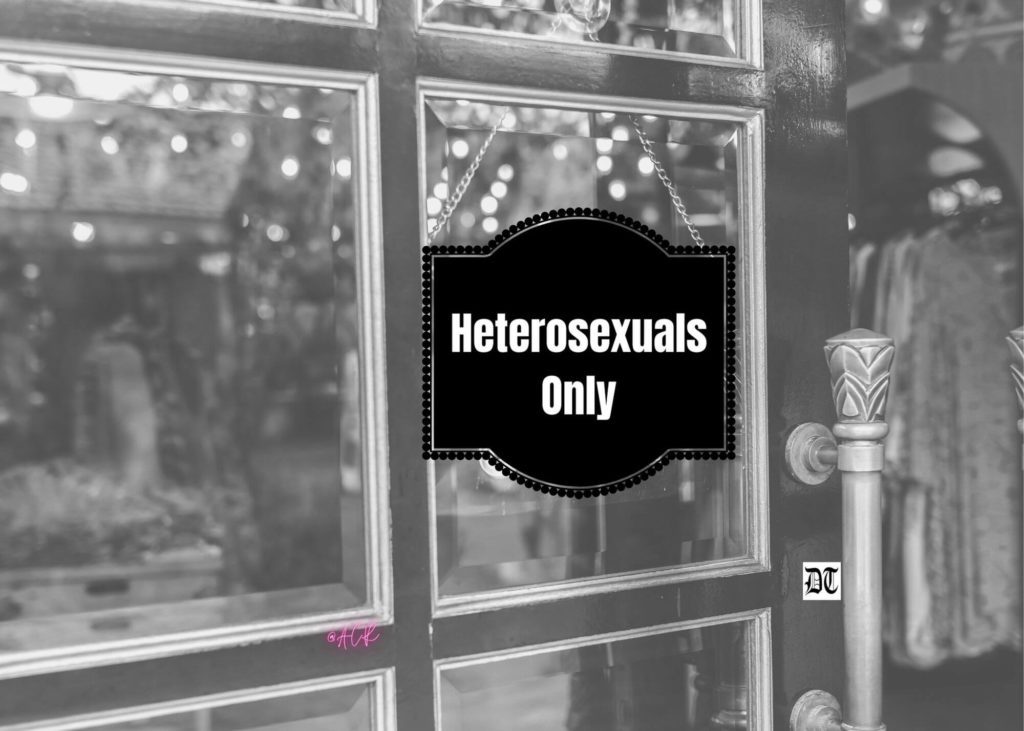
Transgenders’ Experience
This is not only the experience of Revathi but of lakhs of transgender residing in India. Yet, this community does not talk about this issue as they need to get recognition for their own identity first.
But no action has been taken, as the cops themselves do not accept their gender identity…
There are thousands of cases of physical abuse, sexual assault, harassment, domestic violence, etc., registered by them. But no action has been taken, as the cops themselves do not accept their gender identity and over-the-top harass them in their custody.
Revathi states her own experience in the police station and describes how ruthlessly and brutally the police treated her. She writes, “He then asked me to take my clothes off – right there, while the prisoners were watching. I pleaded with him and wept, but he forcibly stripped me. When I was standing naked, he stuck his lathi where I’d had my operation…” (206, Revathi)
The 2015 U.S. Transgender Survey states that 40% of transgender people have suffered from sexual assault once in their lifetime (Human Rights Campaign or HRC). According to HRC, 44% of lesbians, 61% of bisexual women, 26% of gay, and 37% of bisexual men have faced rape, sexual assault, and domestic violence. The figures are horrifying to witness. And it is terrible that the numbers are equal or much higher if compared to heterosexual counterparts.
References
Care Office. ‘Violence against LGBTQ People.’ University of California, Merced: July5, 2021.’
Revathi, A. The Truth About Me: A Hijra Life Story. by V. Geetha. Penguin Books: New Delhi, 2010.
‘Sexual Assault and the LGBTQ Community.’ Human Rights Campaign (HRC). www.hrc.org/resources/sexual-assault-and-the-lgbt-community
Visuals by Different Truths

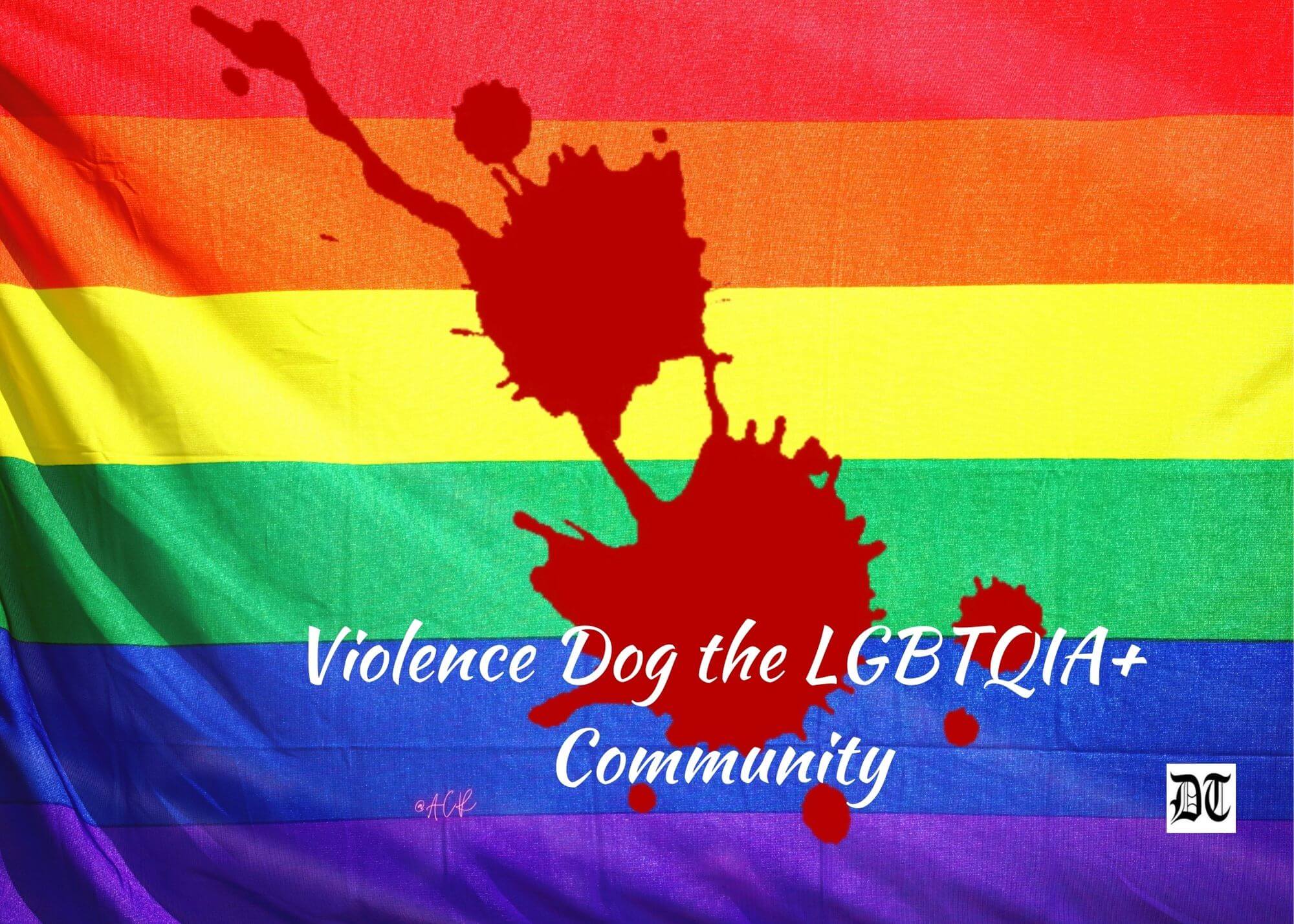



 By
By
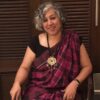 By
By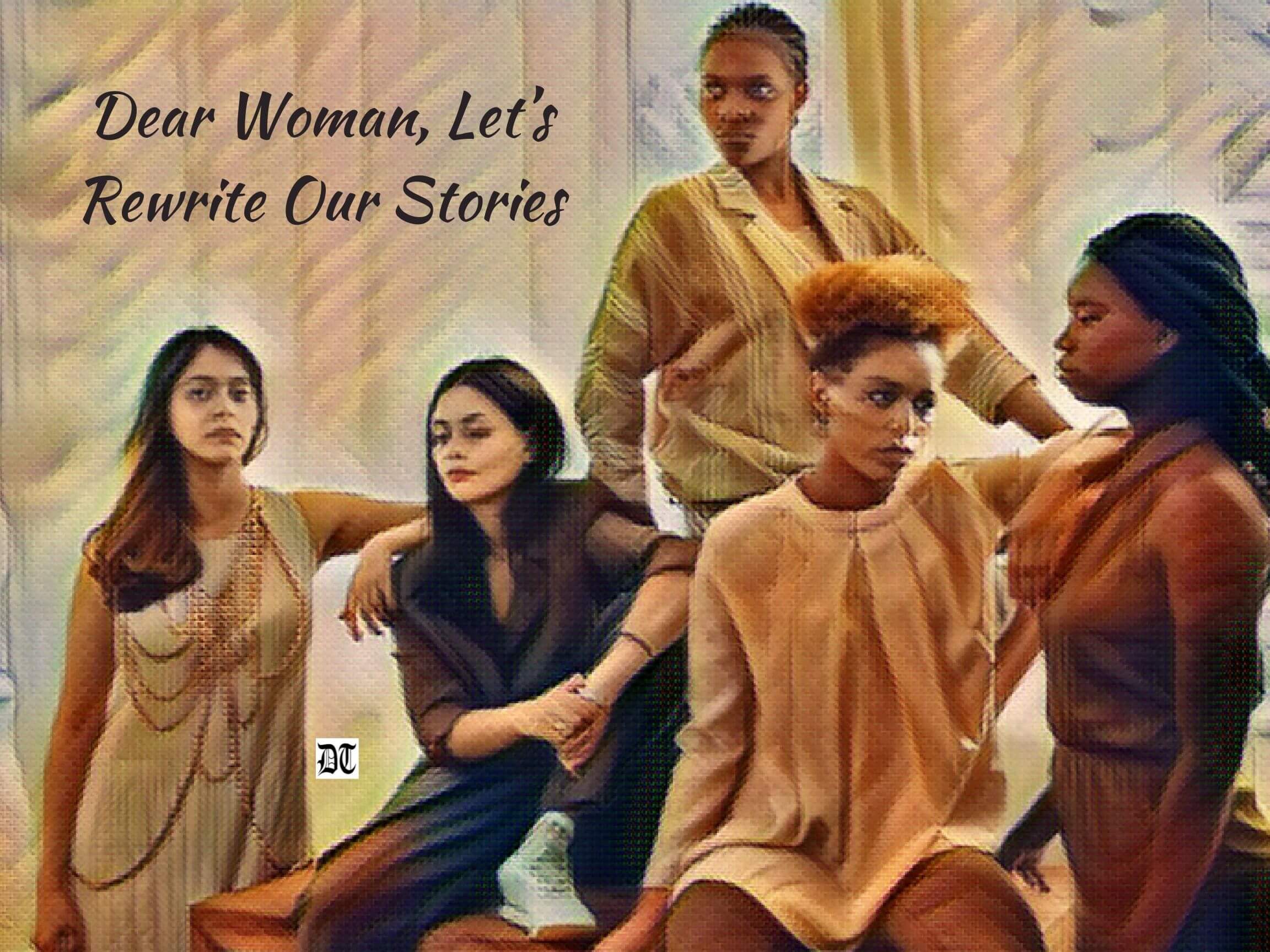
 By
By